Have To Must Should Difference
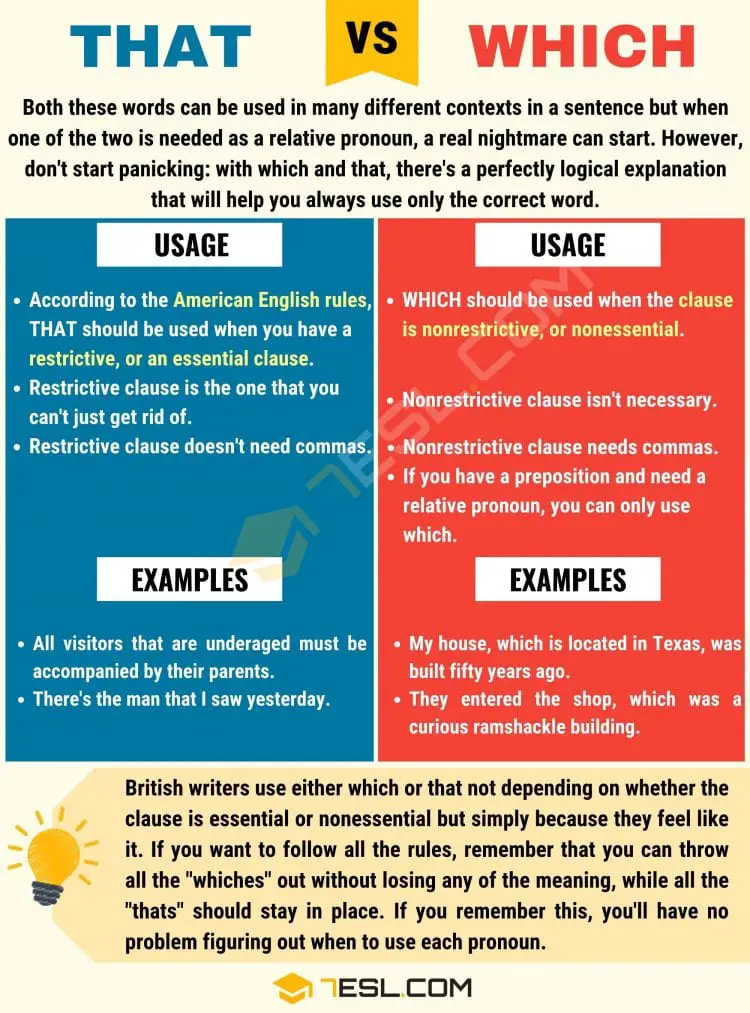
Which Vs That Is There A Difference Between Which And That

The Difference Between What You Should Do And What You Must Do
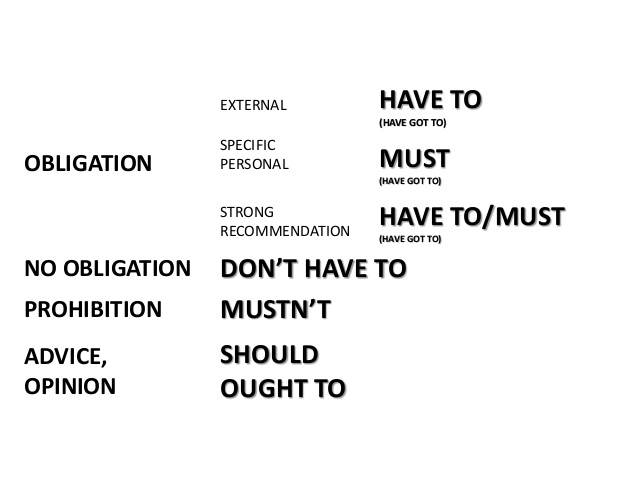
7a Advanced English Grammar Differences Between Must Have To Ought To Should Need Needn T Have

The Difference Had Better Vs Have To Must Should English Modals
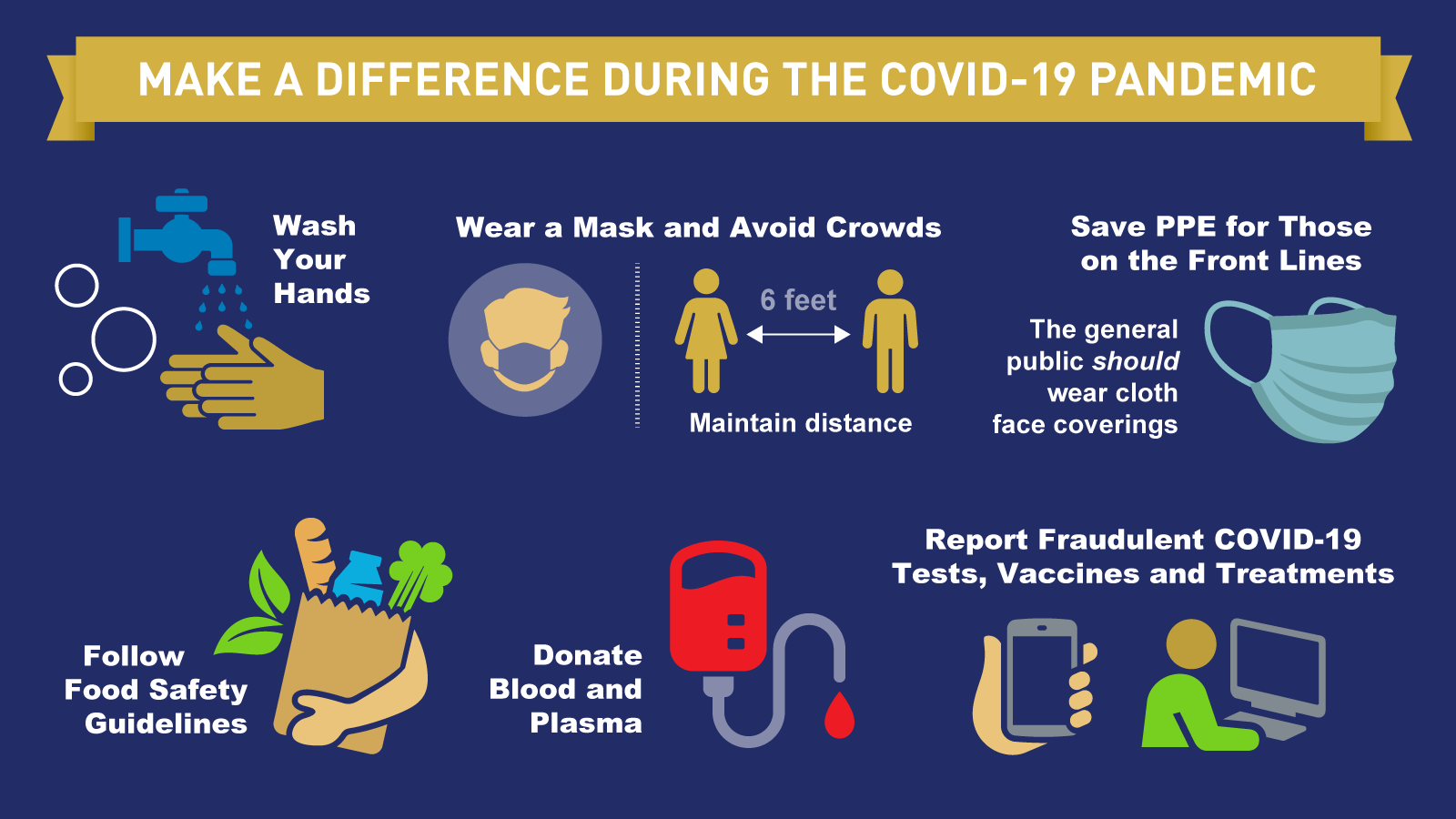
Help Stop The Spread Of Coronavirus And Protect Your Family Fda
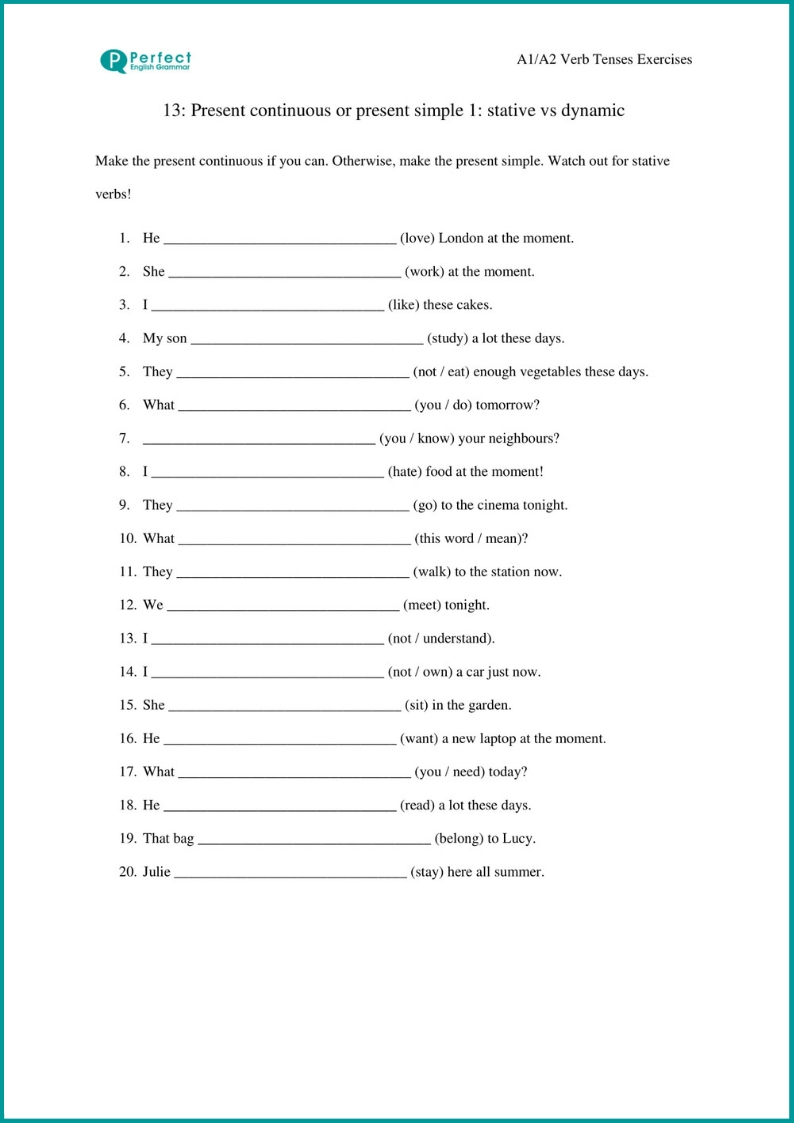
Could Have Should Have Would Have
Expressing the present Must, have to and have got to are all used to express obligation or the need to do something.

Have to must should difference. This is a one way street. The difference between should and must can be summarized like this:. The crucial difference between should, ought to and must, is based on the extent to which they emphasize, in the sense that must is the most emphatic of the trio.
Have to is NOT an auxiliary verb (it uses the verb have as a main verb). Plus, quite often, must obligations come from outside (fate, weather, boss, parents, mullah -- somebody or something who or which can enforce the order), while should obligations come from your own conscience, or from people who seem to care about you. Must = used for strong advice, obligation, and rules;.
Have to Both Must and have to express obligation or necessity, but there are some small differences:. Make sure to point out that 'have to' is used for daily routines while 'must' is used for strong personal obligation. If you feel bad you should go to the doctor También se utiliza para dar una.
When we are talking about another person's obligation we use have to, too. You must do that means You are forced (compelled) to do that. OBLIGATION HAVE TO/MUST (+ INFINITIVE) Have to and must are normally used to talk about obligation or something which is necessary to do 3.
= The same meaning as "have to" but it sounds more formal. La traduction de should pourrait être remplacée par 'C'est une bonne idée' ou ' c'est une mauvaise idée.' Par exemple :. You don't have to arrive before 8.
But there are some small differences in connotation and how we use them. Should = used for give advice (not as strong as the words above);. It's used in advice.
From what I interpret, use of the two differs on the basis of responsibility and compulsion. Knowing how they are used will give you more variety in speaking and writing in English. In this lesson we look at have to, must and must not, followed by a quiz to check your understanding.
“Have to’ is more common, especially in North America, but in the UK there is a subtle difference:. Es una recomendación, no una obligación. For example, “You should have known better.” or “I should have taken the medicine on time.” Or “We should have spoken to her yesterday itself.” Ought to – should is used to give advice or opinion and one can choose to follow or ignore it, whereas ought to is used when the advice has to be followed.
I have to hand in reports every week. We use should to suggest something. When you go to someone's house, you should be on time.
Share a link to this answer. We use the word ‘must’ to show the indispensability of something. His car is here.
You can do this grammar quiz online or print it on paper. I have to go to the hospital. Have to shows us that the obligation comes from outside the speaker.
Must is a modal auxiliary verb. "I had a terrible stomachache." "You should have gone to the doctor’s." "I didn’t hear from my father last week." "You should have called him." "She isn't happy with the salary she’s getting.". Must, have to, should, ought to 1.
Difference between must and have to. Introduce the grammar by having the students take a look at the grammar sheet below. You should apply for that job.
Must e have to expressam uma obrigação, uma necessidade, mas existem pequenas diferenças:. Had better = used for strong advice;. Must, have to and have got to:.
On May 2, 11 at 3:08 pm. Regarding the meaning, sometimes there is little difference between have to and must. We use have to / must / should + infinitive to talk about obligation, things that are necessary to do, or to give advice about things that are a good idea to do.
Should have On utilise "should have" pour donner, ou demander, une opinion au présent sur quelque chose qui s'est déroulé dans le passé:. “Must”, as we know, is used with obligation in English. = I have no choice.
Quelle est la différence entre SHOULD/ HAVE TO et MUST?. They can be used interchangeably in the present. While ''have to'' sounds more like a compulsion to which there may even be penalty / punishment, ''should'' signifies the onus of doing something that may display how responsible someone is.
I think it’s better for you to do this, but it isn’t necessary. Now that you have known the differences, complete the following sentences with SHOULD or MUST. I must go to the hospital.
Our examples will help you lean to speak like a native. This means you must be careful about which verb you use. On utilise Should/shouldn't, pour répondre à une question qui demande un avis.
Have to = used for strong advice, obligations, and rules;. Let’s look at our previous example using MUST:. (Student to teacher) When do we have to hand in our homework?.
- The ground was wet this morning. The negative form of 'have to' expresses the idea that something is not required. ‘must’ is used for internal obligation and ‘have to’ is used for external obligation.
These words can often be used interchangeably in English;. Updated Jul 27, 10. Posted by Manjusha You are here:.
On the other hand, ought is less emphatic than must, but more than should. Achintha on The Difference:. Have to (+ inf) Have to is NOT an auxiliary, but a normal verb.
-> Also, MUST is used to express what we don't know but we are sure that it is true (based on evidence). Before looking at this difference between should and must, let us first see what there is to say about both of these words individually. - Dad MUST be home.
I must do my homework. (Connotation is the feeling or idea a word gives in addition to its meaning.) And then, in negative sentences (for example, don’t have to and mustn’t), the meanings are not at all similar. (pedido feito pelo locutor) You have to come.
Have / Has to expresses general obligations. Difference between “must” and “should” “Should” and “must” are both model verbs. You use should to give advice or express your opinion.
Must you work so hard?. In this complete tutorial for beginners’ learners are going to learn the difference between “must” vs “have to”, so we’re comparing “must” with “have to”. Tiene menos fuerza impositiva que "must" y que "have to".
He must be mad to do this. So now you’ve seen the difference between must and have to, but what about should?. Have them make a list of five things that they have to do every day.
I must get going!. A major difference can be noted between ‘must’ and ‘have to’ in the formation of negative. I must buy some mangoes.
"Must" and "Have To" Differences. Lastly, the degree of emphasis is least, when we use should in our sentence. I have to do my homework.
- must and have to The verb must only exists in the simple present and present perfect forms. Both modal verbs can be used when talking about obligation. For each space, choose which is better - 'must' or 'have to'.
We have to wear a uniform when we're working in reception. Have to can play the role of must in the past (had to) present, and future tenses. It will make your English much richer and full of meaning.
What is the difference between Have To and Must?. You should go to bed earlier. In your example, "should have called" means an action did not occur that you would have liked to have occurred.
My back has been hurting for weeks. There is a slight difference between the way we use them. The modal should Express opinion, one person’s point of view.
While the present form can express obligation, necessity, certainty or strong probability, the present perfect forms only express a strongly felt opinion or supposition. You must do your homework now. Also, it’s important to note that there is no past tense form of “must”, so if you want to talk about obligations in the past, you should use “had to”.
Remember that must and have to can be used to talk about obligations. Had Better vs Have to/Must/Should (Modals) Lucky khan on Making Questions Lesson 2:. You shouldn’t drink cold water.
She will _____ wait in line like everyone else. Al has to work tomorrow so he can't come. Have to, must Quiz.
While Must can generally be replaced by Have to in the present tense, there is sometimes a slight difference in meaning or use. I should do my homework. We include have to here for convenience.
Though ‘have to’ and ‘must’ are similar in meaning and are often used interchangeably, the meanings of ‘do not have to’ and ‘must not’ are quite different. But we normally use have to when there’s an external obligation, and must when the obligation comes from the opinion of the speaker. Should are Must have different meanings and each with various common usages.
SHOULD vs MUST in English Difference between “must” and “should” in English;. There is a small difference between how we use the semi-modal verb had better compared to other modal verbs like have to/must or should. • Must expressa os sentimentos do locutor, enquanto have to expressa, sobretudo, uma ideia impessoal:.
- Should / Must / Have to - Should Se utiliza para dar consejos. Have to for objective obligation. In terms of creating a sentence with “must”, the word order is not difficult.
It tests what you learned on the have to, must page. I must write a letter to John. Home > English Grammar > Difference between must and have to.
Você tem que vir. In other words, it’s not a rule. “Should” is an auxiliary verb - a modal auxiliary verb.
–> This is my advice. So, the main difference is that between advice and obligation. Must means "really should or else it will be bad for you", it expresses an obligation forced by the speaker.
Had better is used to give strong advice. = I think doing my homework is the right thing to do. Mus t and have to are both used for obligation and are often quite similar.
In English, the word “must” is more formal than “have to”. John must explain this if he wants his students to succeed. Then you wouldn’t feel so tired all the time.
MUST and HAVE TO are both used to express an obligation, responsibility or necessity. You should do that means It is advisable (recommended) that you do that. People should eat enough fruits in order to be healty.
Both must and have to can be used to express the conclusion that something is certain.Note that have to is more common in American English. Discuss the differences between 'have to' and 'must' in the positive form. The probability of “must” is much more than that of “should.” For instance:.
The difference between MUST and SHOULD Must and Should are both modal verbs. You turn back and use Smith Street. “It is advisable to …“.
• The expression have to is used to indicate the sense of ‘necessity.’ • On the other hand, the word must is used to indicate the sense of ‘compulsion.’ • At certain instances, have to can mean ‘be strongly recommended to do something.’ • Moreover,. When is it okay to use MUST and when to use HAVE TO?. You have sore throat.
Let’s look at these 2 example sentences:. MUST is used when expressing obligation or an unavoidable requirement, whereas SHOULD is more of a recommendation, obligation, advise, probability, expectation and conditional mood. It's most likely also optional (e.g., "you should use an umbrella when you walk in the rain, or you might get a little bit wet"), although if it were tied to a serious consequence then the "required" sentiment would be implied (sometimes a wife will give her husband a hint in this manner, but when he hears it he may.
The main difference between must and have to can be the emotional context. If I do not do my homework there may be consequences. Doing the homework is required.
In today’s blog post we are going to have a look at the differences in forming questions with “must” and “to have to” How do we make questions with “must”?. It indicates the exigency of an act. It MUST have rained last night.
While “must” and “have to” can often be used interchangeably, there are marked differences between the two. Must mustn't had to a) must b) mustn't c) had to. Should and Must are two modal auxiliary verbs in English language that should be used correctly as there exists a difference between should and must.
The difference between must and have to can be explained clearly on the following grounds:. Must means that the obligation to do something comes from the speaker. • Must expresses the speaker's feelings, whereas have to expresses, above all, an impersonal idea:.
The main difference between the two words “should” and “must” is that “must” is a stronger word, as mentioned before. Both verbs differ in their forms and their meanings as well. They didn't have to work so hard.
While must is a modal verb, have to is a semi-modal verb, in the sense that as a modal. The difference between MUST and HAVE TO. It is less common to use "must" in the U.S.A.
Must, have to, should, ought to EF intermediate 4B 2. It is , however, possible if so desired. Professor Watkins told me today that I give in that assignment by Friday at the latest.
Dans ce nouveau tuto, Huito vous (re)explique la différence entre MUST et HAVE TO!. Don't Have to Do—Not Required, but Possible. Faire un don unique:.
Yesterday I _____ finish my geography project. Se indica que algo es bueno y por lo tanto se debería hacer. (OR He has to be mad to do this.) You must be joking.
MUST is used when expressing obligation or an unavoidable requirement, whereas SHOULD is more of a recommendation, or simply a desirable goal. (You have got to be joking.). Also, in your sentence, if you have "must have called", it represents a conclusion to explain a past event.
Wh-Questions (Rules & Exercises) Anonymous on Transitive vs. We use have to and must to express obligation. What is the difference between MUST and HAVE TO?.

The Yuniversity The Yuniversity Likes Askfm

Use Of Must May Can Could Have To Need To Has To Ea English
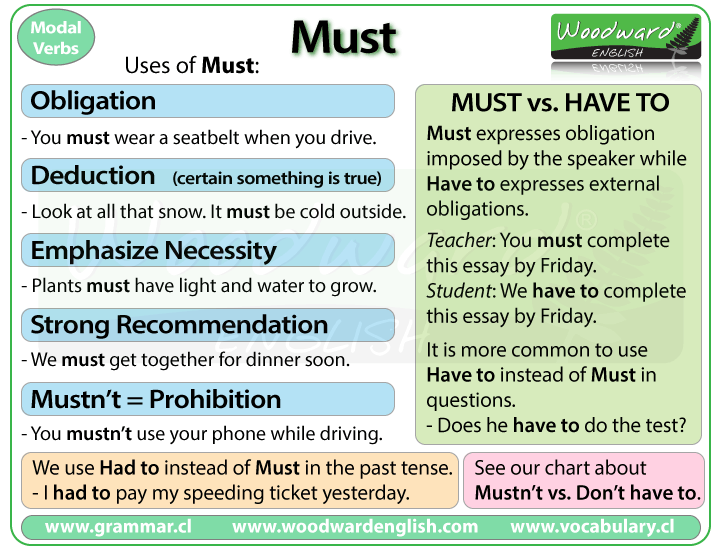
Must English Grammar

English Level Test Pdf Archives Ea English

Must Could May Might
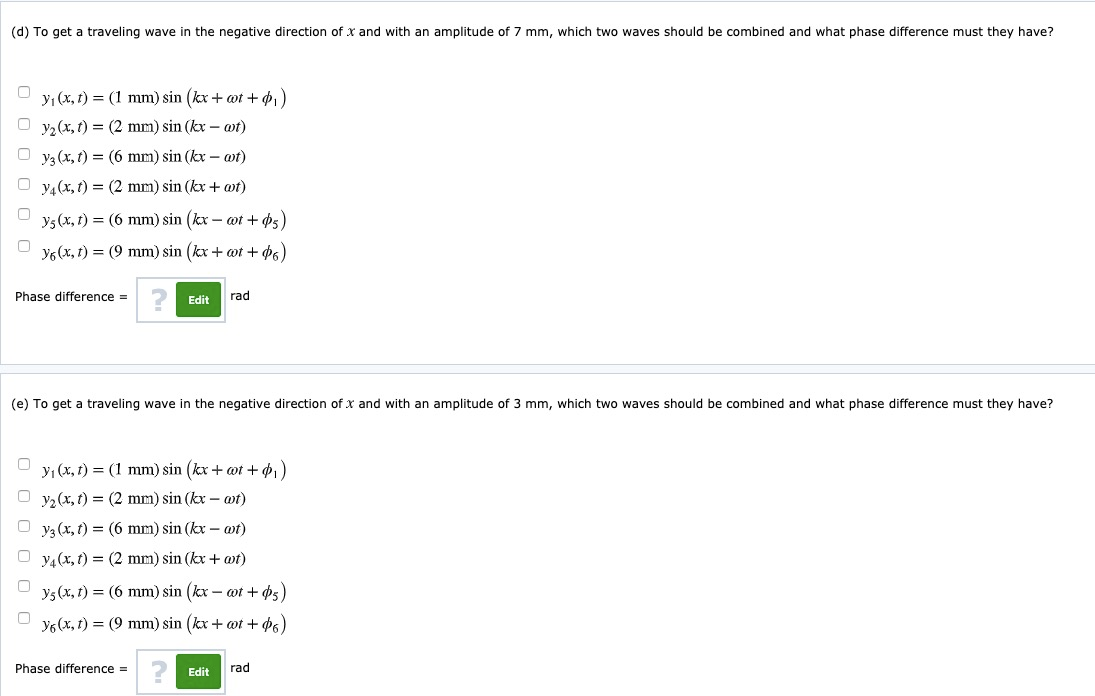
Solved Example 16 7 1 Game Wave Picking Here Are The Func Chegg Com

Differences Between English And Italian Inglese Studocu

What S The Difference Couldyou Could Send Me An Shouldyou Should Send Me Na Dbetteryou D Better Send Me An Or I Ll Forget Suggest Ppt Download

The Use Of Modal Verbs Must Should Modal Verbs Of The English Language Get To Know And Learn To Use Modal Verb Need

High School Mascots Fighting For Inclusion In Indianola Iowa

Unfolding Mysteries A Game To Practise Modals Of Deduction Teachinggamesefl Com By Mike Astbury

Difference Between Should Ought And Must My Rosetta Stone

Wordpress Com Vs Wordpress Org Key Differences How To Pick

Gmo Feeding Studies Biology Fortified Inc
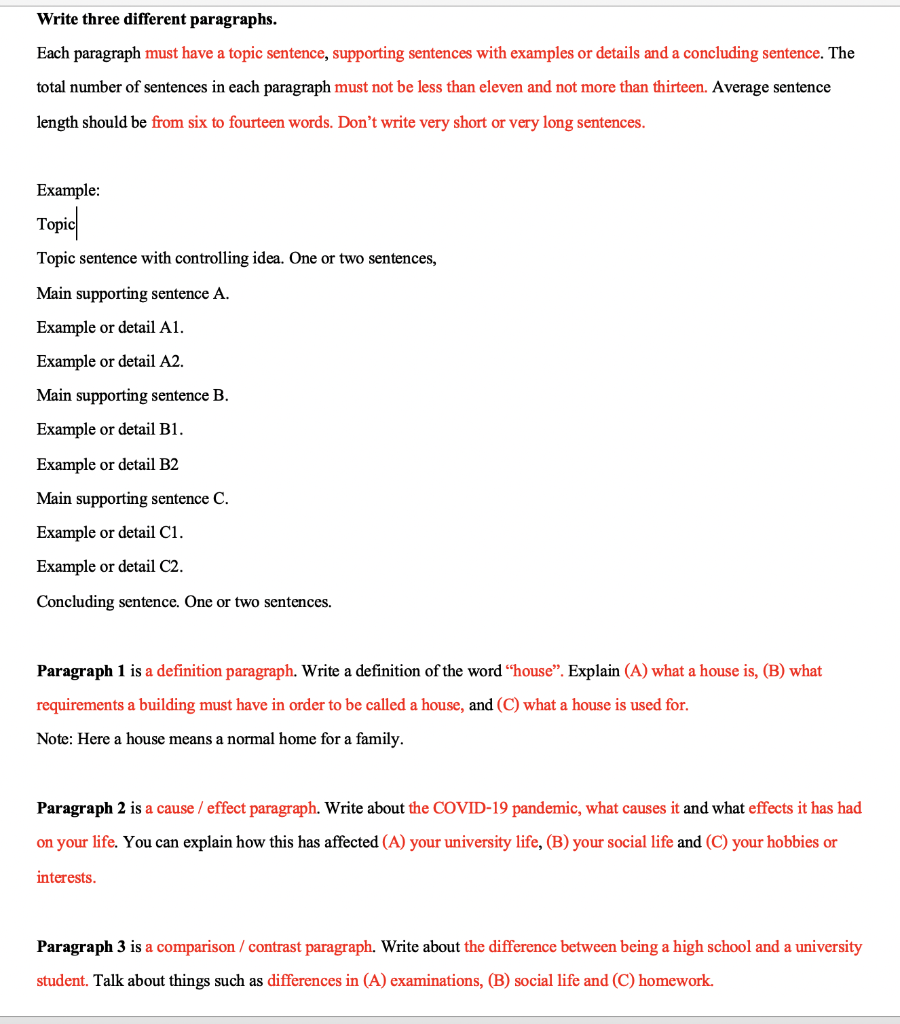
Solved Write Three Different Paragraphs Each Paragraph M Chegg Com

Should What Is The Difference Should Must And Have To Languages July
1
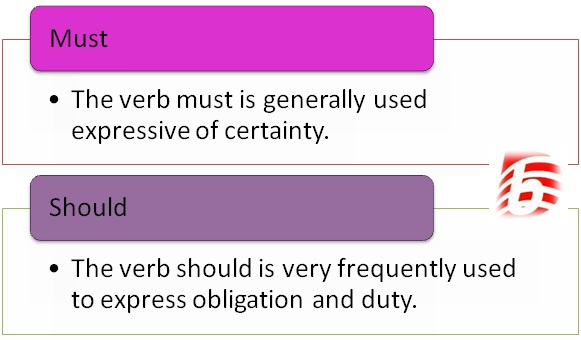
Difference Between May And Must Compare The Difference Between Similar Terms

Can X2f Could X2f Be Able To Must X2f Can T X2f May X2f Might X2f Could Deduction Must X2f Have English Grammar English Verbs Learn English

Use Of Must May Can Could Have To Need To Has To Ea English

Can Must Should English Esl Worksheets For Distance Learning And Physical Classrooms
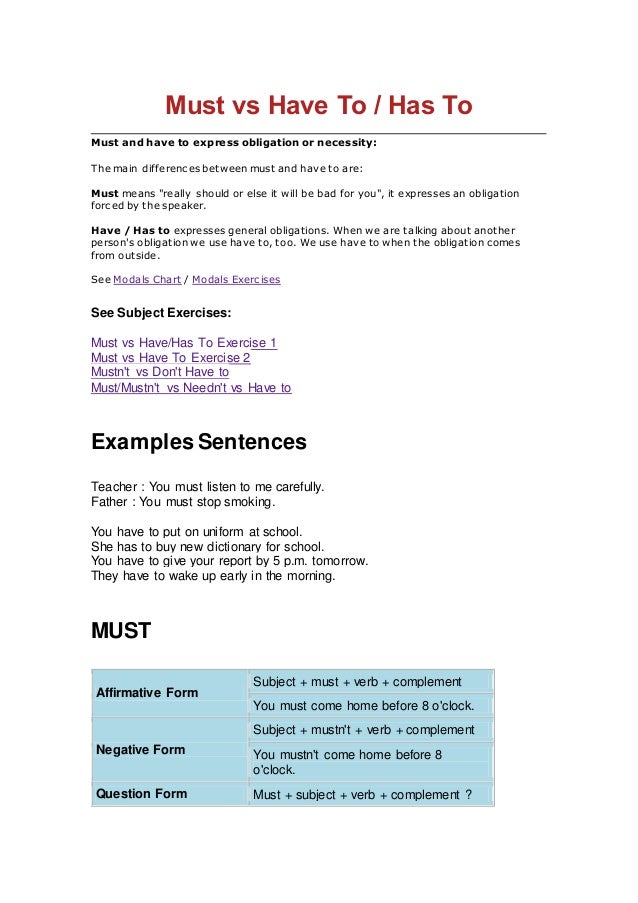
Must Vs Have To Grammar

Must And Should The Difference Between Must A Nojoto

No More Mistakes With Modals 3 Easy Rules Youtube

Tony Robbins Quote The Difference Between Must Should Is The Life You

Juana Moral S English Site Modal Verbs Iii Obligation Must Mustn T Have To Don T Have To Need To

The Difference Between Must Should Is The Life You Want And The Life You Have Tony Robbins

The Difference Between Modal Verbs In Deontic And Epistemic Modality Semantic Scholar

Must Have To Need To Should Difference Best Way To Learn In Hindi You Genius Youtube
Q Tbn 3aand9gct B2bkywosggw0sog5vbdqa8sfjjxfkxmfx3 N3ixb3xzz0tx9 Usqp Cau
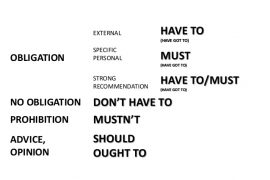
4a Advanced English Grammar Modal Verbs For Speculation Deduction Advanced English
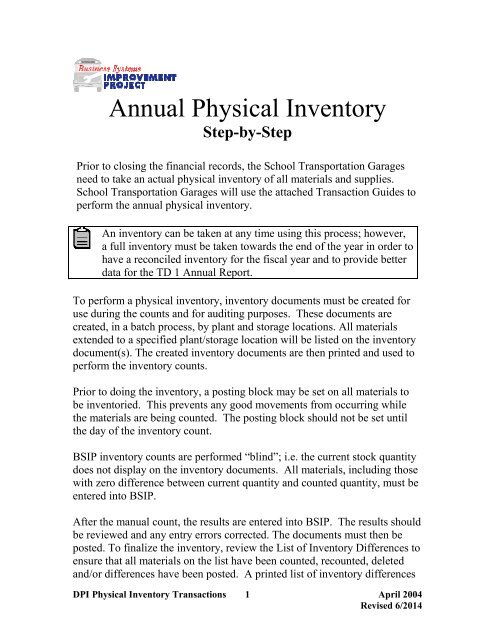
Annual Physical Inventory Nc School Bus Safety Web
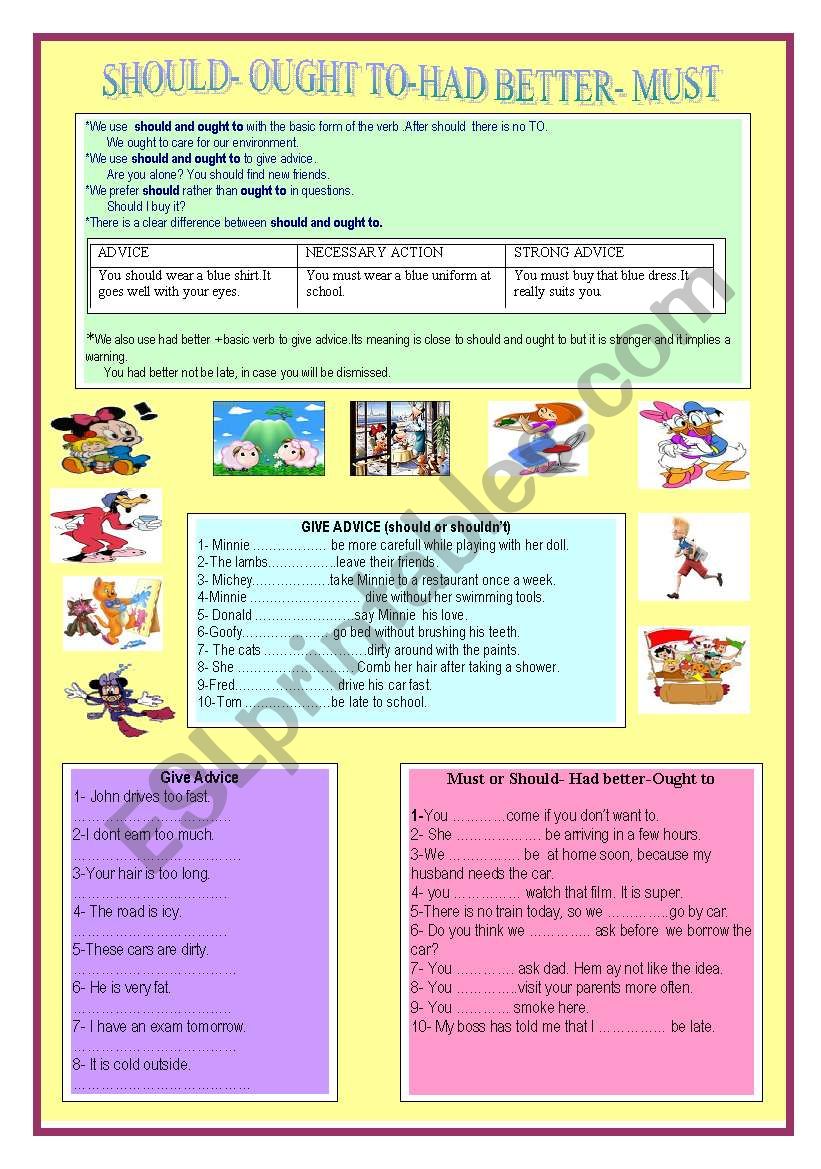
Should Must Had Better Ought To Esl Worksheet By Serap2

What Is The Difference Between Must Mustn T And Have To Don T Have To Must Mustn T Vs Have To Don T Have To Hinative

Summary Oxford English 1 Chapter 6 9 10 13 21 Saxion Studocu

Lesson 31 Know The Difference Should Have To Must Youtube

Since Someone Asked You The Difference Between Should And Must Now I D Like To Ask About The Usage If Have To And Must What S The Difference Ask Fm The Yuniversity

Answered The Damon Family Owns A Large Grape Bartleby

What S The Difference Between A Payment Facilitator And A Marketplace
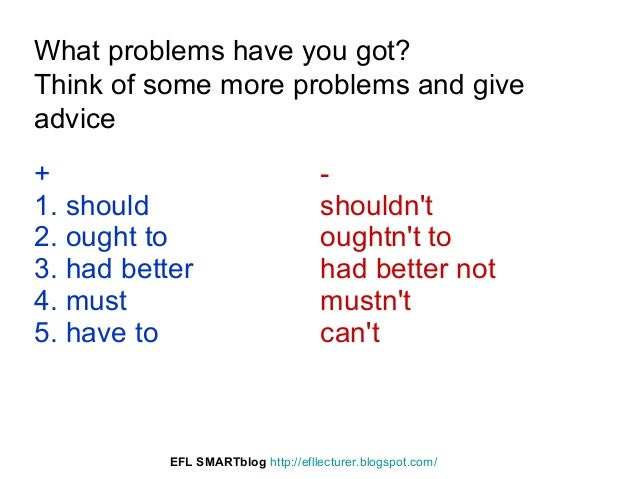
Advice Should Ought To Had Better Must Have To Cant

Learn The Difference Between Must And Na English Language And Computer Center Facebook

Difference Between Have To Should And Must In Telugu Learn Spoken English Through Telugu Youtube

最新のhdhave To Must Should Difference
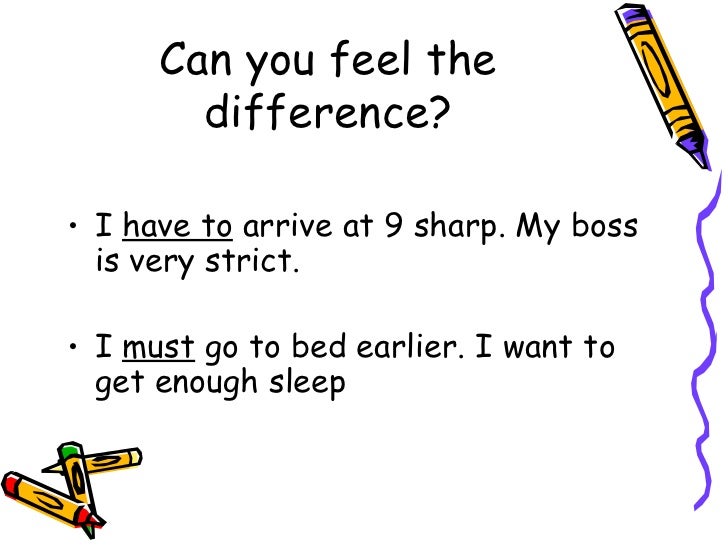
Have To Vs Must

Modal Verbs Should Must

Solved The Topic For This Discussion Is Explain The Maj Chegg Com

The Literary Digest Real Canadaakencies In Other Principal Cities There Is A World Of Difference Between The Steady Strongpull Required On The Pump Or Blower And The Occasionalpowerful Thrust Which Operates
2
Year 6 Modal Verbs Bangkok Patana School

Reduction In Workforce Page 5 Purdue Policy Archive Purdue E Archives
/real-estate-broker-and-agent-1798869_FINAL-92591e735baa40edb6c929371be678dd.png)
Difference Between A Real Estate Broker And An Agent
Q Tbn 3aand9gctwlylrbb9anc7zwfmjhetfabrbebofrmqrsddopvutncwbf8ip Usqp Cau

Modal Verb Wikipedia
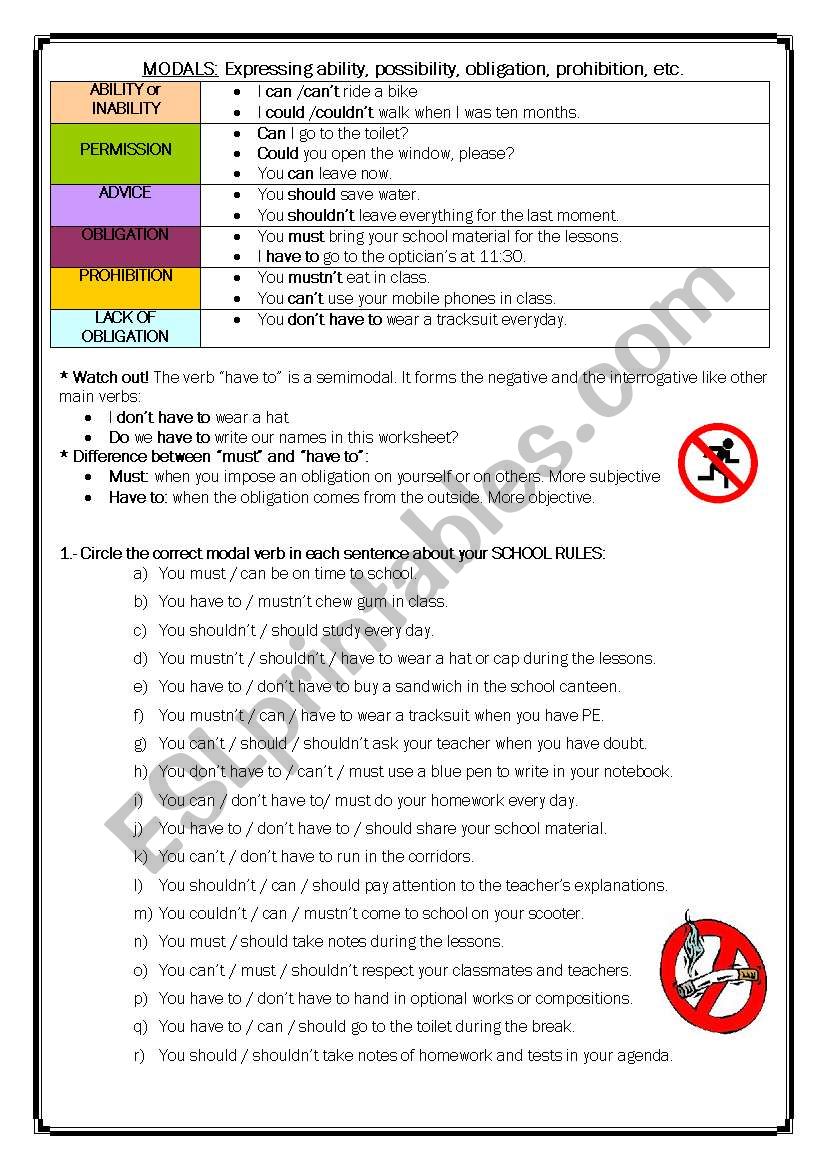
Modals Can Could Must Should Have To Esl Worksheet By Mayca80

The Difference Between Must Amp Should Is The Life You Want And The Storemypic
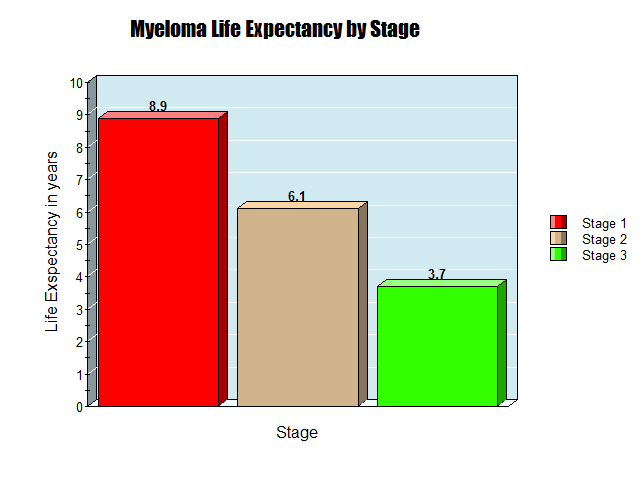
Our Approach To Myeloma Care Must Change To Have Change Something Must Change Multiple Myeloma Survival Rate Statistics By Hospital

Should Must Have To English Modal Verbs Part 3 Youtube
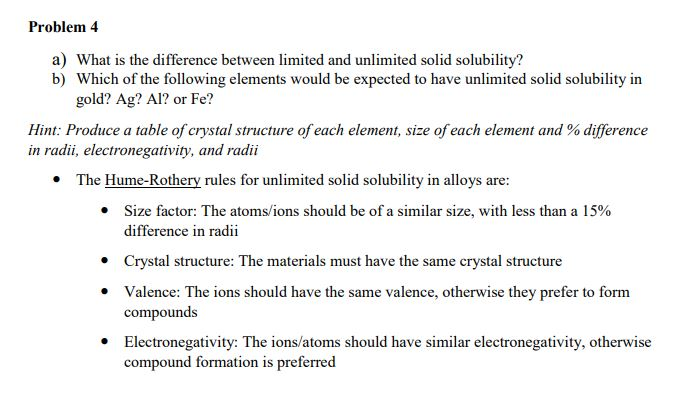
Solved Problem 4 A What Is The Difference Between Limite Chegg Com

Modals W Hich Are The Differences Between Modals And Verbs Verbsmodals Singular Plural S Es Ies He Plays We Play No Variation He Must Ppt Download

15 Essential Nursing Skills All New Nurses Must Have Nurse Money Talk

The Debate Of Home Care Agency Or Private Hire
English Modal Verbs Wikipedia

The Difference Between What You Should Do And What You Must Do
2

Modals W Hich Are The Differences Between Modals And Verbs Verbsmodals Singular Plural S Es Ies He Plays We Play No Variation He Must Ppt Download

In Plain English Should Must Or Have To

These Free Colorful Posters Will Help Your Students Remember The Difference Between The Three Types Of Verbs Acti Types Of Verbs Helping Verbs Teaching Verbs

Juana Moral S English Site Modal Verbs Iii Obligation Must Mustn T Have To Don T Have To Need To

Have To Or Must Easy Grammar Quiz And Infographic World English Blog

Differences Between English And Italian Docsity

The Difference Between Must And Should Is The Life You Want And Picture Quotes

The Difference Between Must Should Is The Life You Want And The Life You Have

Modal Verbs How To Use Must Have To And Should English Grammar Lesson Youtube
What Are Modal Verbs Quora

Instructions Nu Engels Unit Ppt Download

Data Scientist Vs Business Analyst Top 5 Awesome Differences To Learn

Went Vs Gone Learn The Difference In Under A Minute Grammarly

Characteristics Of Document Library Information Management

Difference Between Should Ought To And Must With Example And Comparison Chart Key Differences
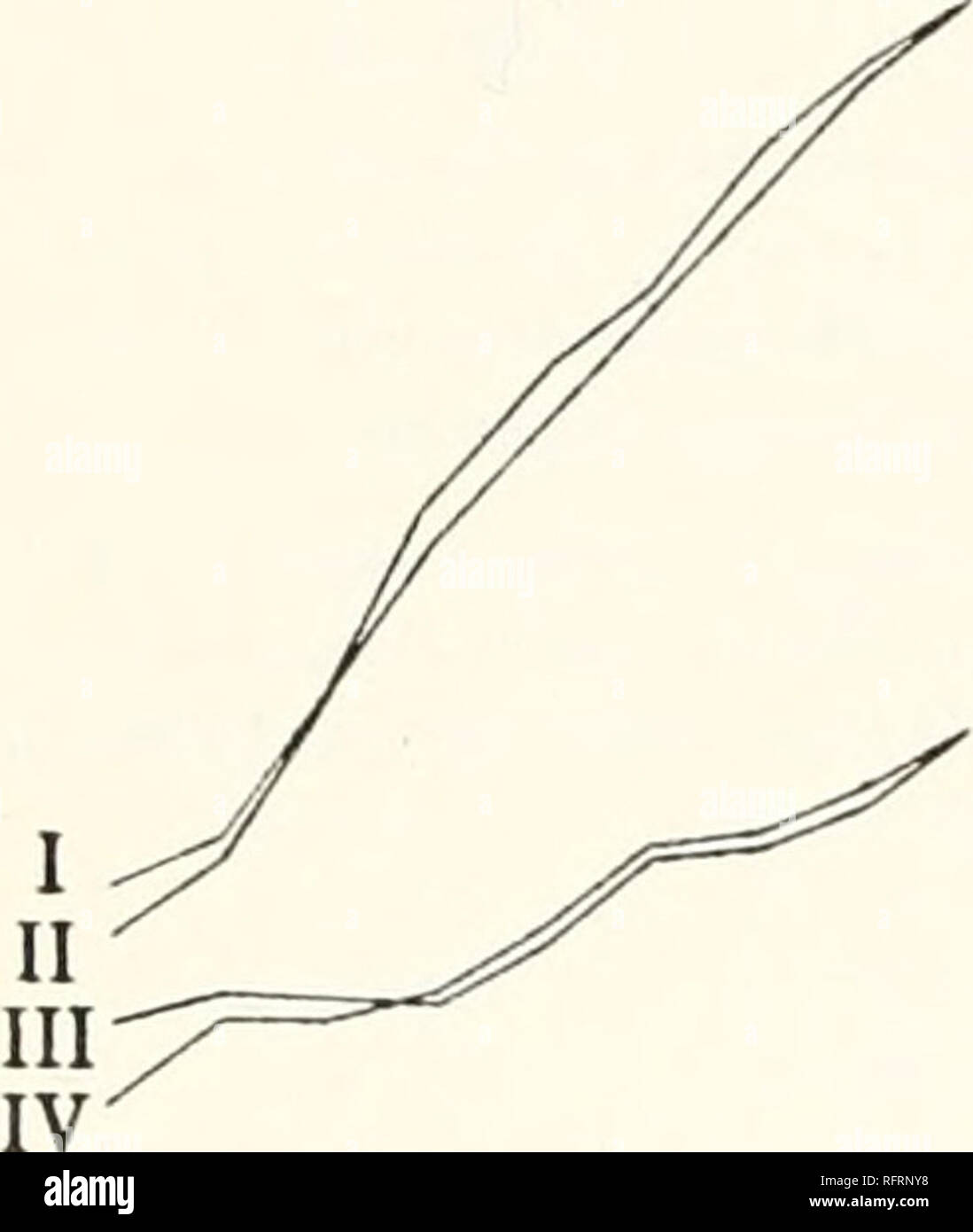
Carnegie Institution Of Washington Publication Work Op C M Stine 41 Ions To Show Itself In The Resulting Curve The Other Salt In The Mixture Must Have Hydrating Power And A

Difference Between Have To And Must Difference Between

Hiveql Vs Sql Querychat

Have To Must Don T Have To Do You Know The Differences Ingles Para Viajar Idioma Ingles Fichas Ingles

Modal Verbs Should Must

Modal Verbs Should Must
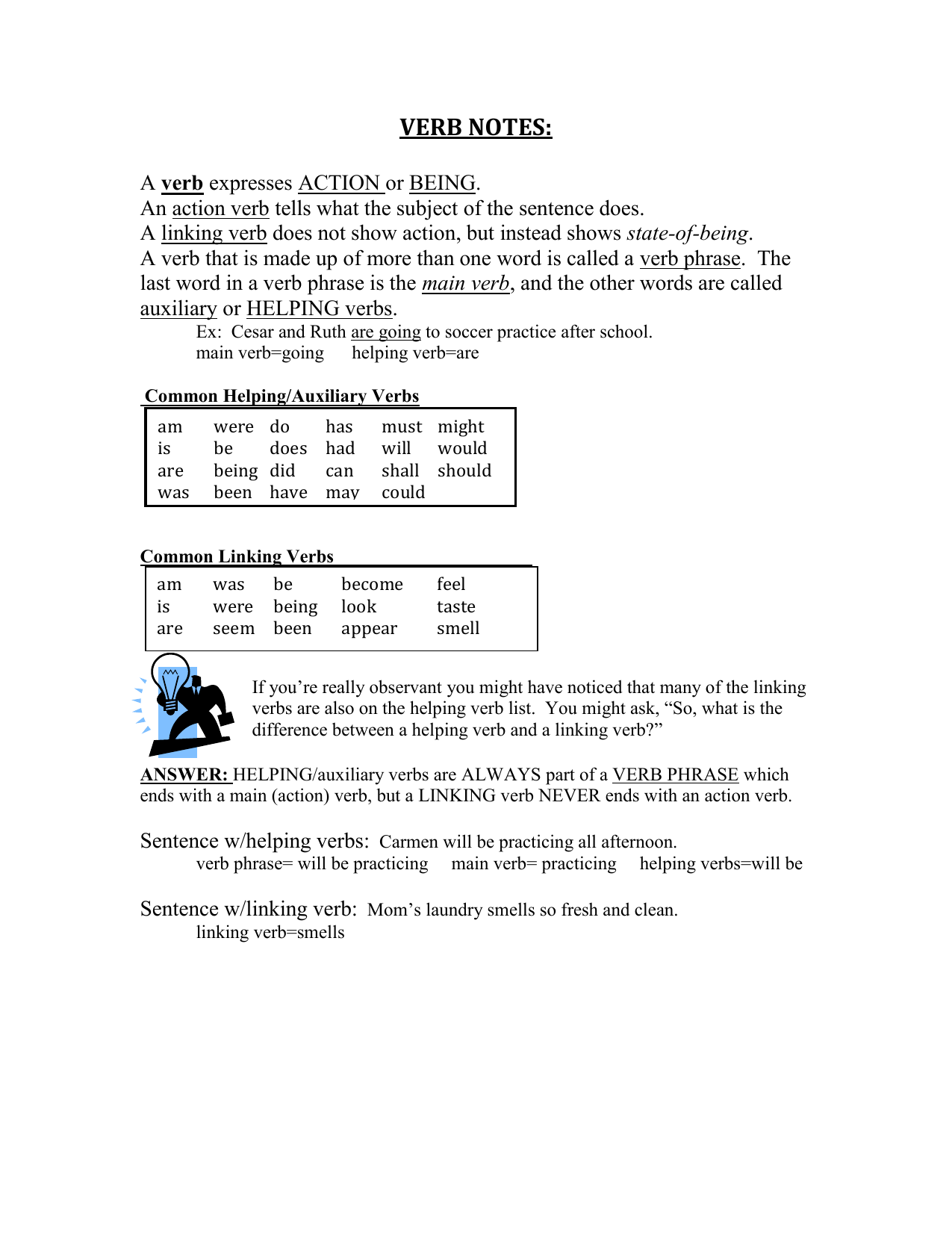
Linking Verb

Difference Between Helping And Linking Verbs Difference Between

Must Musn T Have To Lesson Plan English Esl Worksheets For Distance Learning And Physical Classrooms

Top 10 Ideas About Education And Science Uses Of Modal Verbs Must Have To And Should Series 1 Pieterse Jj Amazon Com Books
Q Tbn 3aand9gctznsybspyfxmkyd8r N8mi2lbq6hzhyhrnbzlsuzndvk6fsmu4 Usqp Cau

300 Best Modal Verbs Images In Verb English Grammar Learn English

Modals And Semi Modals Modal Verbs What Are They Can Could May Might Must Should Will Shall Would Ought To Have To Have Got To We Use Modal Verbs Ppt Download

The Difference Between Must Should Is The Life You Want And The Life You Have Tony Robbins
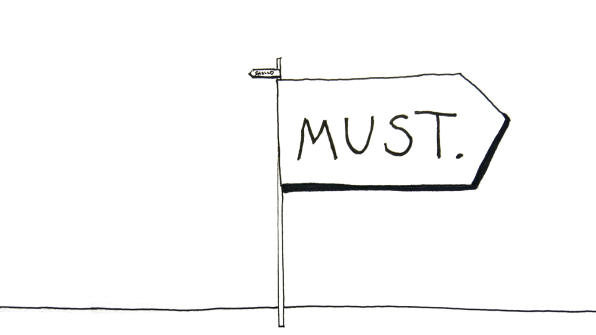
The Difference Between What You Should Do And What You Must Do

5 Key Ux Differences Between B2b And B2c Websites Every Designer Should Know Invictus Studio Blog

Must Have To Should Ought To

The Difference Between Must Should Is The Life You Want And The Life You Have Tony Robbins

Modal Verbs Part 3 Should Must Have To English Esl Worksheets For Distance Learning And Physical Classrooms



